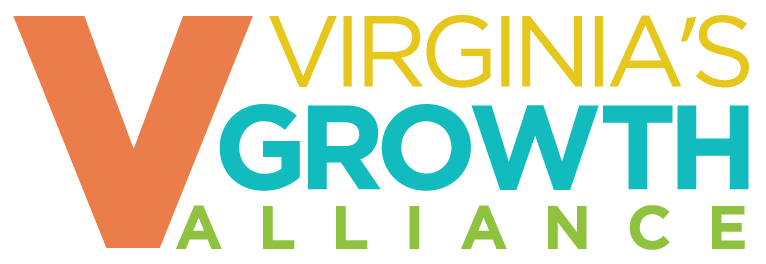Commonwealth aims to increase local food purchases to at least $22 million by 2022
RICHMOND—Virginia First Lady Pamela Northam, Secretary of Education Atif Qarni, and Secretary of Agriculture and Forestry Bettina Ring are calling on the Commonwealth's school nutrition programs to increase annual statewide local food purchases to at least $22 million by 2022. Mrs. Northam announced the goal last month in Hampton during the annual Virginia Farm-to-School Conference.
"Serving locally grown food products in our schools is a great opportunity to connect our exceptional agricultural resources with Virginia's greatest resource—our children," said First Lady Northam. "Children benefit from wholesome and fresh food to nourish their growing brains and bodies while learning the importance of agriculture and food production in their communities and across Virginia."
Local food purchases by Virginia schools have at least doubled since 2014, from $7.7 million, to $15.4 million in 2017, the most recent year for which data are available. The Virginia Department of Education and the Virginia Department of Agriculture and Consumer Services (VDACS) attribute much of the growth to the increasing popularity of farm-to-school programs that connect schools and students to local farmers and food producers.
"We now have more than 500 schools with gardens where students are growing food for their school cafeterias and are learning directly from local farmers," said Secretary Atif Qarni. "Our students learn that eating fresh, healthy local food is not only good for them, it's good for the environment and good for their community."
"Farm-to-school programs have created an expanding new market for Virginia farmers," said Secretary Bettina Ring. "These programs help schools and farmers navigate the procurement process and identify opportunities to provide students with locally grown and raised food products."
"School gardens are a bridge between the classroom and cafeteria," said Superintendent of Public Instruction James Lane. "The experience of getting their hands dirty planting and growing vegetables and fruits reinforces core academic objectives and provides opportunities for students to collaborate and learn problem-solving skills in a real-world setting."
"Most Virginia students are three or four generations removed from family farm life," said VDACS Commissioner Jewel H. Bronaugh. "Farm-to-school programs help students understand that food comes from farms, not grocery stores, and that their wellbeing is very much dependent on the vitality of our agricultural sector."
Virginia's Farm-to-School Network is hosting meetings across the Commonwealth in April and May to develop regional plans for achieving the $22 million goal. The meetings are scheduled as follows:
- April 10 — Smyth County, Marion Senior High Greenhouse, 848 Stage Street, Marion
- April 11 — LEAP Food Hub at Heritage Point, 2051 Blue Hills Drive NE, Roanoke
- April 16 — Maybeury Elementary School Garden, 901 Maybeury Drive, Richmond
- April 24 — Waterman Elementary School, 451 Chicago Avenue, Harrisonburg
- May 7 — Frederick Douglass Elementary School Garden, 510 Principal Drummond Way SE, Leesburg
- May 8 — New Earth Farm, 1885 Indian River Road, Virginia Beach
- May 13 — Potomac Elementary School Garden, 16495 15th Street, King George
- May 14 — Charlotte Farm Bureau, 400 George Washington Highway, Charlotte Court House
The regional planning meetings are open to farmers, educators, school nutrition professionals, school administrators, community members, parents, and students. To register, visit the School Nutrition section of the Virginia Department of Education website.
